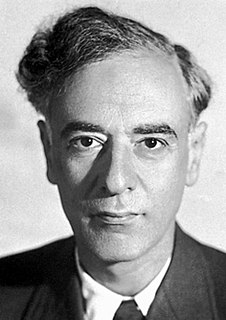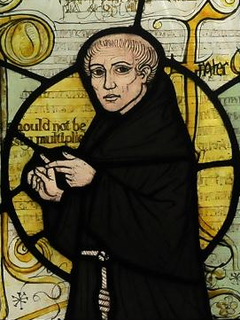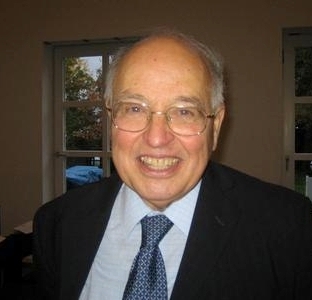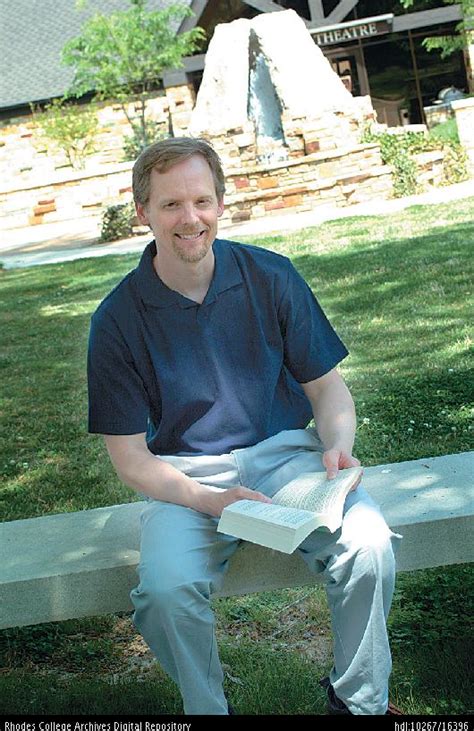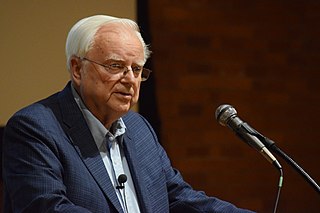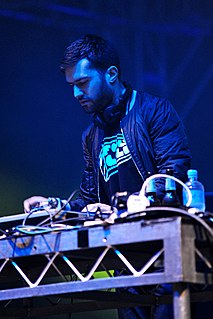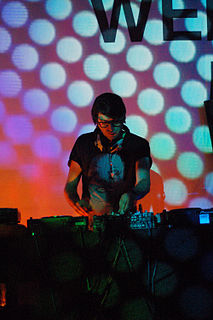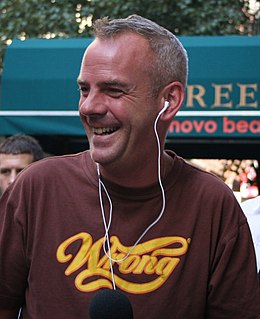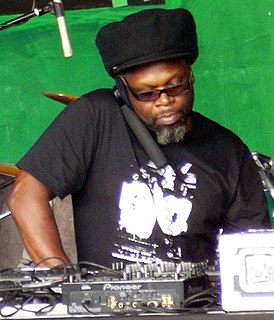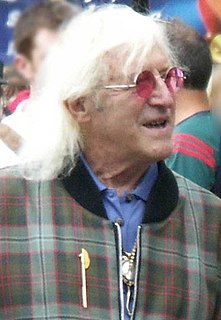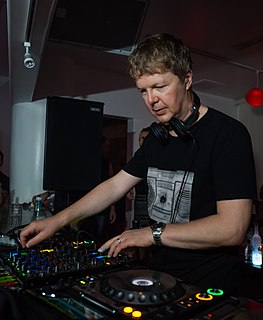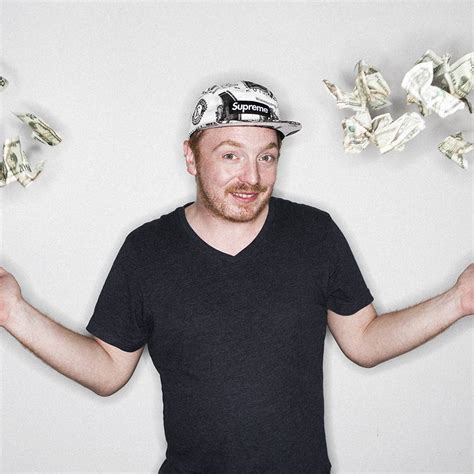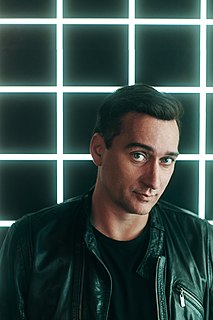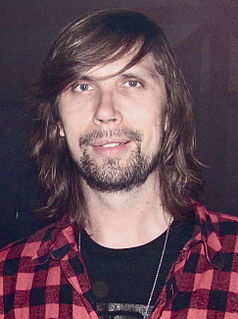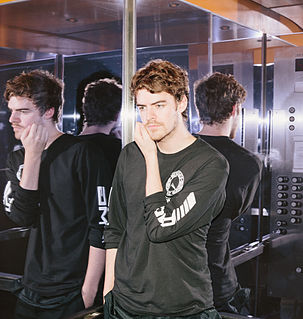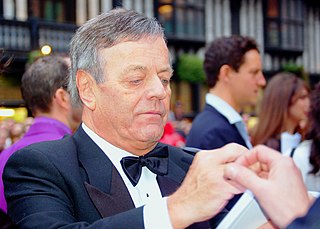A Quote by Kato
Quadratic reciprocity is the song of love in the land of prime numbers.
Quote Topics
Related Quotes
The problem of distinguishing prime numbers from composite numbers and of resolving the latter into their prime factors is known to be one of the most important and useful in arithmetic. It has engaged the industry and wisdom of ancient and modern geometers to such an extent that it would be superfluous to discuss the problem at length. ... Further, the dignity of the science itself seems to require that every possible means be explored for the solution of a problem so elegant and so celebrated.
God considers this land to be His. You read the Bible and He says 'this is my land' and for any Prime Minister of Israel who decides he is going to carve it up and give it away, God says, 'no, this is mine'... He was dividing God's land and I would say woe unto any Prime Minister of Israel who takes a similar course to appease the EU, the United Nations, or the United States of America. God says 'this land belongs to me. You'd better leave it alone.'
I think it is said that Gauss had ten different proofs for the law of quadratic reciprocity. Any good theorem should have several proofs, the more the better. For two reasons: usually, different proofs have different strengths and weaknesses, and they generalise in different directions - they are not just repetitions of each other.
Little kids sing a song called "America the Beautiful." They sing a song called "This Land Is Your Land, This Land Is My Land." To me, those songs are not just nice little ditties. They are marching orders. They are commandments that we must protect America's beauty from the clear-cutters, the strip-miners, the oil spillers. They are pledges we have made. They are promises to keep.
If all sentient beings in the universe disappeared, there would remain a sense in which mathematical objects and theorems would continue to exist even though there would be no one around to write or talk about them. Huge prime numbers would continue to be prime, even if no one had proved them prime.
We should expect hope's reciprocity as a natural flowering of the life of hope. Helping others and nurturing hope is expressive of hopefulness itself. It is an extension of the hopeful self to reach out to others, promoting the connection of agency and the enrichment of horizons of meaning. Hope's reciprocity grows out of the very social nature of hope; we thus frequently see it live in family relations, in intimacy, in love. And so hope spreads. This spreading should not surprise us; like love, it is freely given, fostered, and nurtured.


